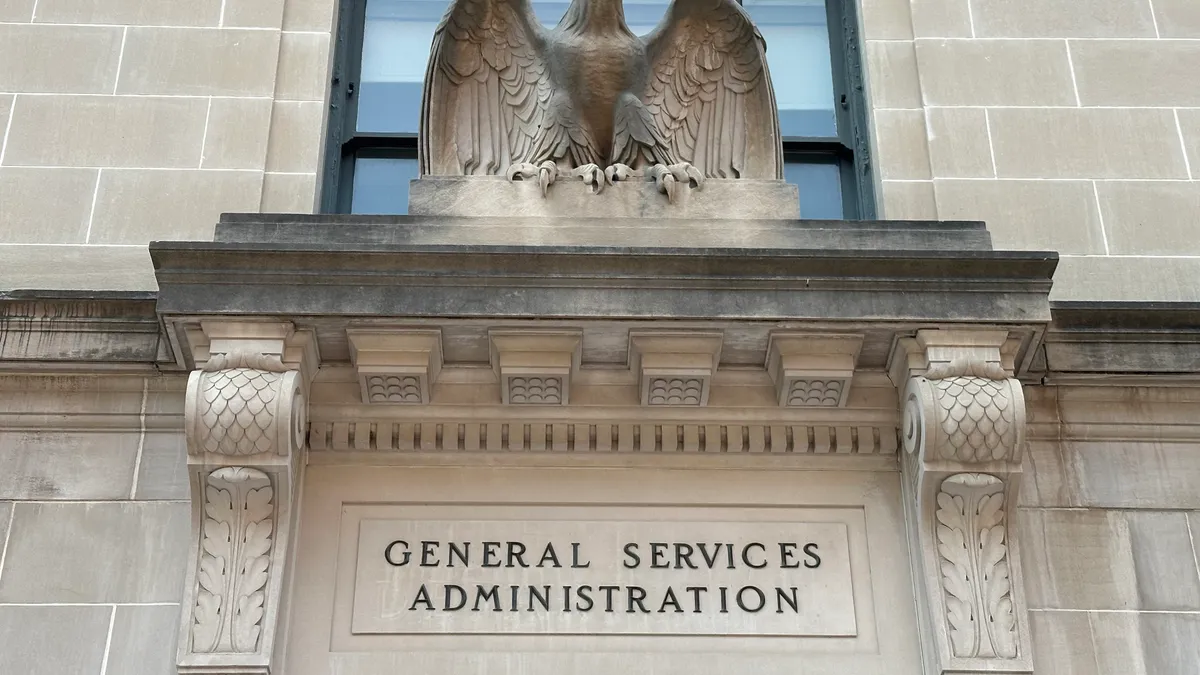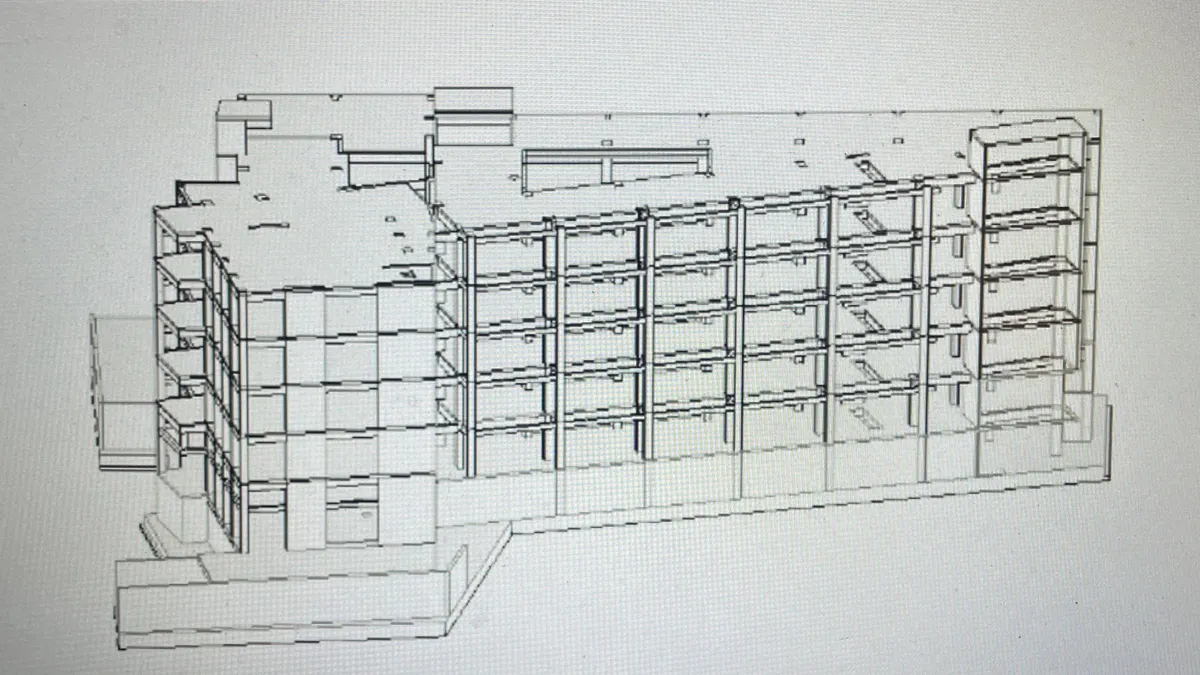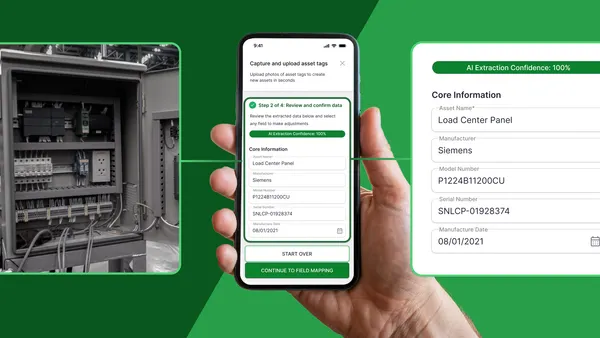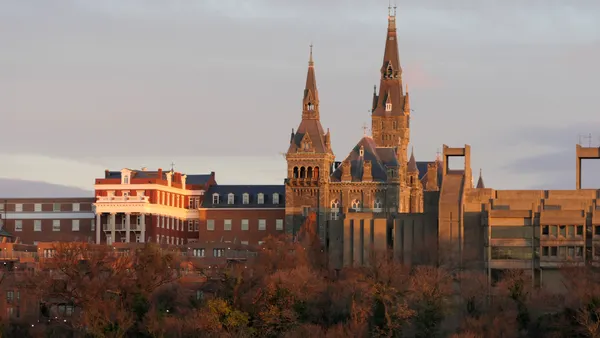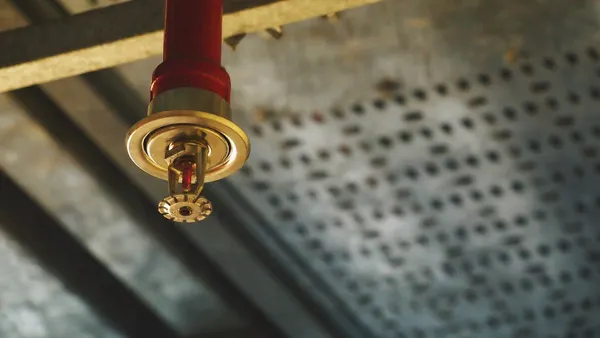Dive Brief:
- The U.S. General Services Administration announced a new request for information Monday for technologies that can enable energy efficiency, electrification and decarbonization in commercial buildings.
- The RFI includes $30 million in Inflation Reduction Act funding. It is administered through the Green Proving Ground program and in collaboration with the U.S. Department of Energy, as part of the Biden administration’s Investing in America agenda.
- The GPG program aims to leverage GSA’s real estate portfolio to evaluate novel technologies that can help federal buildings reach net-zero emissions by 2045, as required by Executive Order 14057 and the Federal Sustainability Plan.
Dive Insight:
The RFI supports the GSA’s net-zero emissions targets and follows scrutiny by lawmakers over the inefficiency of the government’s existing real estate portfolio. During a Senate Committee on Environment and Public Works hearing on Sept. 27, senators called for consistent benchmarks and better space utilization strategies to optimize the GSA's portfolio as it attempts to navigate concerns related to the environmental impact of heating, cooling and maintaining underutilized federal buildings.
The agency said it has “jurisdiction, custody or control over more than 8,800 federally owned or leased properties, totaling approximately 370 million square feet of workspace.” Technologies selected to participate in the GPG program will be piloted in at least one federal building, private sector facility or a combination of the two. The Energy Department's national labs will evaluate the submissions, the GSA said in a release.
The service administration noted that due to the $30 million in Inflation Reduction Act funding, this RFI will result in more than triple the number of technologies than in past years’ programs. By testing “next-generation building technologies based on their real-world performance,” the government is able to make sound investment decisions, and technology companies are able to receive third-party evaluations facilitated by the federal government, the GSA said.
For this year’s RFI, the GSA is requesting information related to emerging sustainable technologies that support deep energy retrofits, all-electric buildings and vehicle fleets, net-zero operations, healthy and resilient buildings, and building commissioning and control.
The GSA says submissions should include early or underutilized commercial technologies that are ready for evaluation in occupied, operational buildings. The agency is especially interested in certain technologies, such as for waste heat capture and management retrofits, refrigerant leak prevention and building envelope solutions that manage solar heat gain, minimize air leakage and reduce heating and cooling loads. Net-zero operations technologies include on-site carbon-free energy generation, on-site energy storage and carbon capture technologies.
The GSA said that to date, following favorable evaluation results, 32 GPG-evaluated technologies have been deployed in more than 700 agency facilities, resulting in more than 116,000 tons of carbon dioxide reductions annually, $28 million dollars of annual savings and $375 million in life cycle cost avoidance.
“The GPG program is one way we’re creating the technical foundation for long-term, transformational changes,” GSA Administrator Robin Carnahan said in a release. “We’re aiming for a triple win: more good American jobs, cost savings to taxpayers from reduced energy consumption, and a healthier future for all Americans.”
The RFI will be open for submissions until Friday, December 8. The GSA said program representatives will host a web-based information session on Nov. 9 to provide more details on vendor applications.



